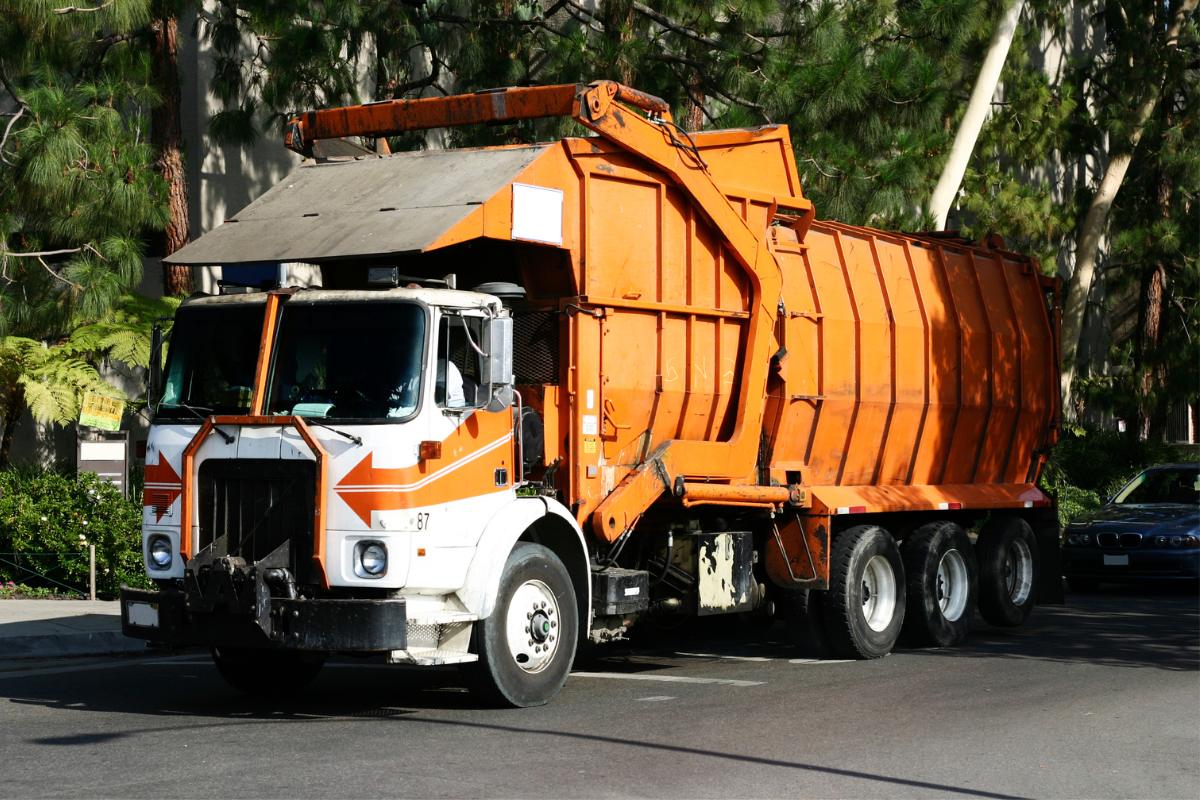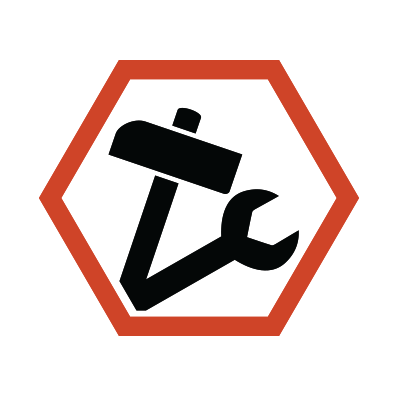Rubbish removal becomes an increasing challenge as populations and consumption continue to rise. However, with the right tactics and tools, you can manage waste efficiently and effectively. This article serves as a comprehensive guide on how you can maximize rubbish removal tools for both personal and public benefit.
Why Efficient Rubbish Removal?
Efficacious rubbish removal is more than just a clean-up task – it’s a necessity for maintaining a healthy environment. When waste gathers for extended periods, it not only forms an eyesore but also poses health risks.
Deteriorating waste often gives off potent gasses that can lead to respiratory issues and other health concerns. Aside from this, improperly disposed of waste contributes to environmental pollution, which, in turn, affects wildlife and ecosystems.
Environmental Impacts
Rubbish removal affects our environment in several critical ways. First, without proper waste management strategies, rubbish piles up in landfills. These overflowing sites push wildlife out of their natural habitats and disrupt local ecosystems.
Furthermore, some rubbish decomposes, producing potent greenhouse gasses like methane or harmful chemicals that leach into the earth. The resulting soil contamination ruins agricultural lands and seeps into water sources, impacting both plant and animal life.
Regulations and Policies
Governments regulate rubbish removal because of its far-reaching impacts on public health and the environment. Specific regulations may vary between regions, but most laws aim to reduce wastage and promote recycling. Failing to comply can result in severe penalties for businesses and individuals. Compliance meets more than just legal responsibilities – it shows commitment to stewarding a healthier planet for future generations.
Role of Affordable Rubbish Removal
Rubbish removal services play a pivotal role in efficient waste management. Companies like Dirt Cheap Rubbish Removal provide affordable and effective solutions for disposing of waste properly.
These professionals understand the different types of rubbish, their impacts on the environment, and how to dispose of them correctly. With their help, maintaining clean surroundings becomes a less daunting task.
Rubbish Types Classifications
Knowing rubbish type classifications is beneficial in implementing appropriate waste management strategies. Common types include organic waste, recyclable rubbish, hazardous waste, and solid rubbish.
Each rubbish type requires specific disposal methods to minimize harmful environmental impacts. For example, organic waste can be composted while recyclables should be sent to recycling facilities.
Residential Waste Management
In residential settings, managing waste often involves segregating trash at its source. This means separating biodegradables from non-biodegradables and ensuring that each garbage type goes into its specific bin.
Home composting is a sustainable way to deal with kitchen scraps and green waste. Also, regularly scheduled collection ensures rubbish doesn’t accumulate in homes, posing health risks or attracting pests.
Commercial Waste Management
Commercial establishments typically generate more waste than residential spaces. Hence, businesses need robust rubbish removal practices that adhere to local regulations and environmentally-friendly principles. Efficient commercial waste management may involve employing services of professional companies who can provide recycling programs or specialized disposal processes.
Also, businesses can take proactive steps by reducing single-use items or materials that significantly contribute to the total amount of waste generated – highlighting the importance of “Reduce” in the universal 3Rs mantra: Reduce, Reuse and Recycle.
Industrial Waste Management
The industrial sector generates a large amount of waste, often hazardous in nature. Therefore, it requires strict regulation and efficient management to prevent environmental harm. Industrial waste management may involve understanding asbestos and toxic materials as well as specialized disposal techniques such as incineration, or recycling strategies for certain waste types.
All industries need to comply with local, regional and national waste disposal laws. Failing to adhere to these regulations can lead to severe legal penalties, not to mention the irreversible consequences on the environment.
Waste Segregation Principles
Correct segregation of waste streamlines the disposal process and maximizes recycling efforts. Each waste type needs different processing methods and often requires separate collection systems.
The essence of waste segregation is keeping different types of waste separate from the start. This allows for easier treatment methods downstream, reducing waste volume that end up incinerated or dumped in landfills.
Rubbish Removal Equipment
Different technical tools ranging from simple bins and bags to specialized machinery help make rubbish removal efficient and hassle-free. These implements allow for sorting, recycling, compacting and hauling different types of waste with ease.
Investing in proper equipment can streamline the entire rubbish removal process while making it more cost-effective. However, there are advantages to renting tools over buying sometimes too. Additionally, having the right tools often leads to more effective waste management policies.
Effective Strategies for Recycling
Recycling reduces landfill volumes, conserves resources, saves energy and mitigates climate change effects. It involves turning used materials into new products instead of discarding them as rubbish.
An effective recycling strategy involves everyone – from individuals sorting their home trash, businesses employing green operations, to governments enforcing recycling regulations. Education about recycling benefits also greatly contributes to its success.
Advancement in Rubbish Removal
Technological advancements, like the adoption of smart waste management systems and automation, help optimize rubbish removal. For instance, GPS tracking in waste disposal vehicles can lead to more efficient collection routes, saving both time and fuel.
Technology also includes innovative recycling applications and techniques. More advanced methods of processing certain types of waste help conserve and reuse valuable resources instead of merely discarding them as rubbish.
Eco-Friendly Disposal Methods
Eco-friendly disposal methods reduce environmental damage associated with garbage. Composting is a prime example of converting organic waste into nutrient-rich soil enhancer instead of discarding it as trash. The use of green energy for incineration or implementing wastewater treatment systems are other examples.
These techniques minimize harmful emissions, prevent contamination of water sources, and help save energy compared to traditional disposal practices.
Maintaining a Clean Environment
Maintaining a clean environment isn’t just about picking up after yourself. It extends to proper waste disposal, reducing consumption, reusing where possible, and actively participating in recycling programs.
By keeping your surroundings clean and adhering to efficient rubbish removal methods, you contribute significantly to creating a sustainable future that benefits both current and future generations.
Role of Society in Trash Removal
Society plays a critical role in effective rubbish removal. Citizens can help by following proper disposal guidelines, using public bins responsibly, taking active part in community cleanup initiatives, and educating others about the adverse effects of improper waste management.
Similarly, businesses can help by implementing eco-friendly operations, reducing unnecessary packaging, and facilitating consumer recycling efforts.
Trash Managers: Responsibilities
Trash managers oversee rubbish removal operations with a thorough understanding of regulations and best practices. Their responsibilities include enforcing proper waste segregation, ensuring timely collection, supervising correct disposal methods, and monitoring recycling programs.
They often coordinate with local authorities, the public, and businesses to ensure integrated waste management systems that efficiently and effectively handle garbage.
Minimizing Waste Generation
One of the most effective waste management strategies is reducing the amount of rubbish produced in the first place. This involves choosing products with less packaging, composting food scraps, repairing instead of replacing goods, and simply buying only what you need.
Minimizing waste generation reduces demand for resources, conserves energy, and decreases landfill volumes – traits critical for the environment’s health and sustainability.
Summing Up
Maximizing tools for effective rubbish removal is critical for maintaining a healthy environment and sustainable future. It involves exploiting various techniques from focusing on waste reduction at source, segregation at point of disposal, using relevant equipment to implementing recycling strategies. As a society, it is our shared responsibility to contribute to these efforts actively.







Leave a Reply